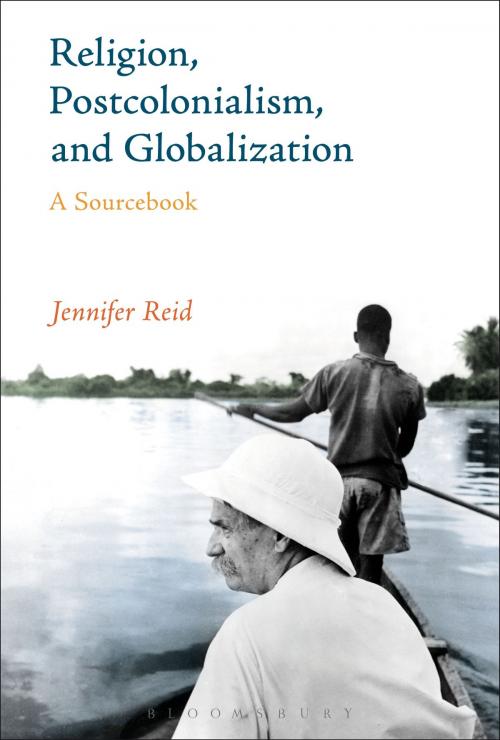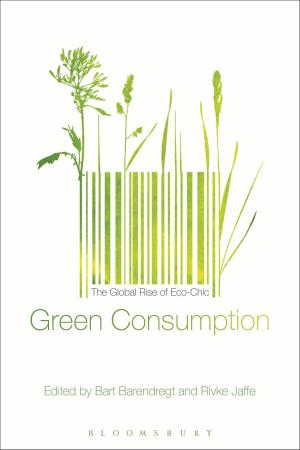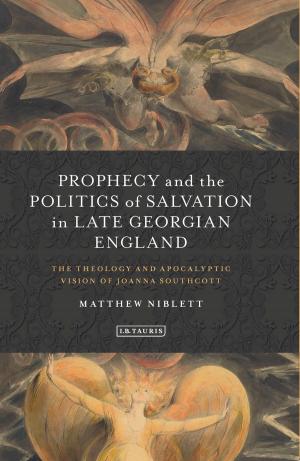Religion, Postcolonialism, and Globalization
A Sourcebook
Nonfiction, Religion & Spirituality, Christianity, Church, Church & State, Reference, History| Author: | Jennifer Reid | ISBN: | 9781472586117 |
| Publisher: | Bloomsbury Publishing | Publication: | December 18, 2014 |
| Imprint: | Bloomsbury Academic | Language: | English |
| Author: | Jennifer Reid |
| ISBN: | 9781472586117 |
| Publisher: | Bloomsbury Publishing |
| Publication: | December 18, 2014 |
| Imprint: | Bloomsbury Academic |
| Language: | English |
Religion, Postcolonialism and Globalization: A Sourcebook shows how the roots of our globalized world run deeper than the 1980s or even the end of WWII, tracing back to 15th century European colonial expansion through which the 'modern world system' came into existence.
The Sourcebook is divided into four sections, each with a critical introduction by the editor, a series of readings, and discussion questions based on the readings. Canonical readings in religion, globalization and postcolonialism are paired with lesser-known texts in order to invite critical analysis. Extracts explored include work by Max Weber, Edward Said, David Chidester, and Kant, as well as political documents such as the British Parliament's 1813 Act regarding the East India Company. Sources range from the origins of the common phrase "jihad vs. McWorld" in the work of Benjamin Barber, to personal essays reflecting religious responses to globalization.
Focusing on a history of religions approach, Religion, Postcolonialism, and Globalization provides an alternative to existing sociological work on religion and globalization. Guidance on useful web resources can be found on the book's webpage.
Religion, Postcolonialism and Globalization: A Sourcebook shows how the roots of our globalized world run deeper than the 1980s or even the end of WWII, tracing back to 15th century European colonial expansion through which the 'modern world system' came into existence.
The Sourcebook is divided into four sections, each with a critical introduction by the editor, a series of readings, and discussion questions based on the readings. Canonical readings in religion, globalization and postcolonialism are paired with lesser-known texts in order to invite critical analysis. Extracts explored include work by Max Weber, Edward Said, David Chidester, and Kant, as well as political documents such as the British Parliament's 1813 Act regarding the East India Company. Sources range from the origins of the common phrase "jihad vs. McWorld" in the work of Benjamin Barber, to personal essays reflecting religious responses to globalization.
Focusing on a history of religions approach, Religion, Postcolonialism, and Globalization provides an alternative to existing sociological work on religion and globalization. Guidance on useful web resources can be found on the book's webpage.















